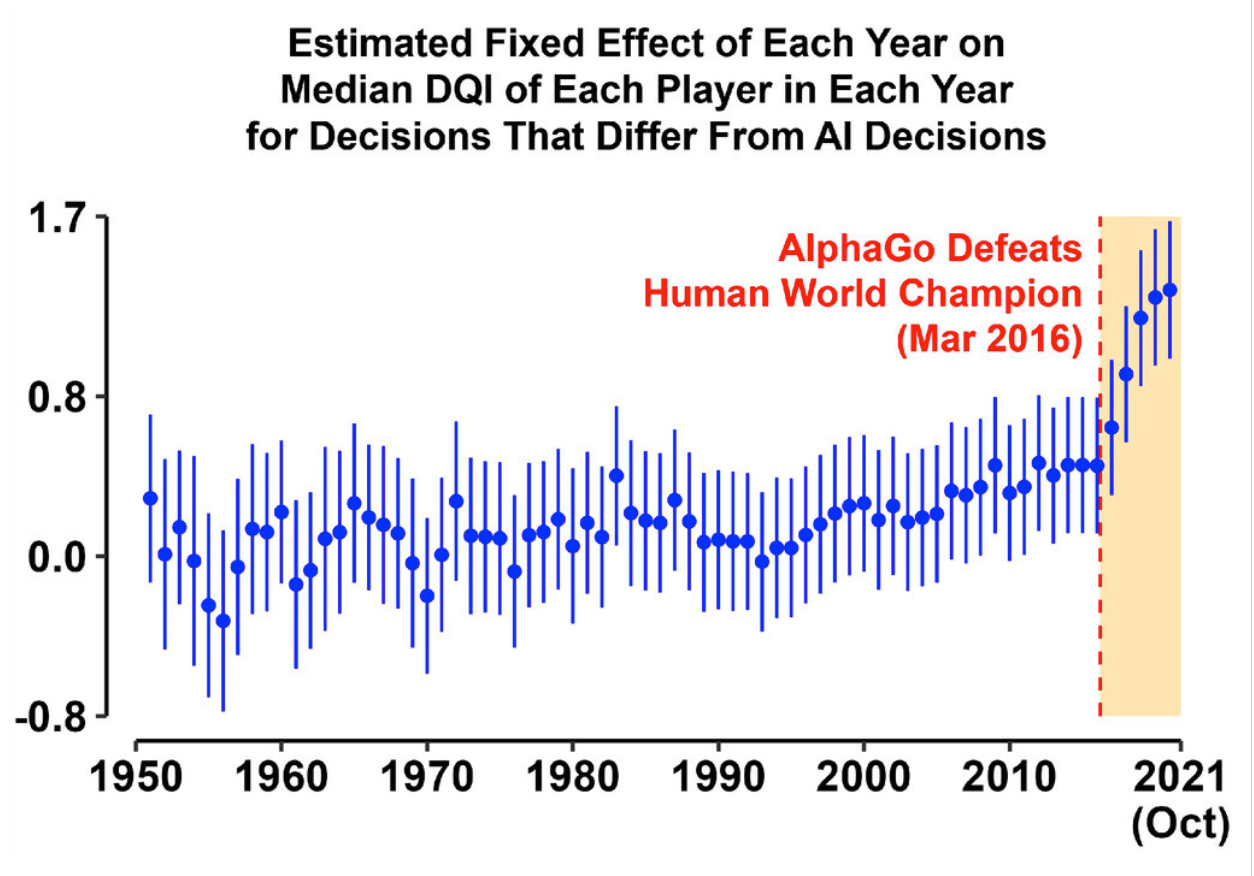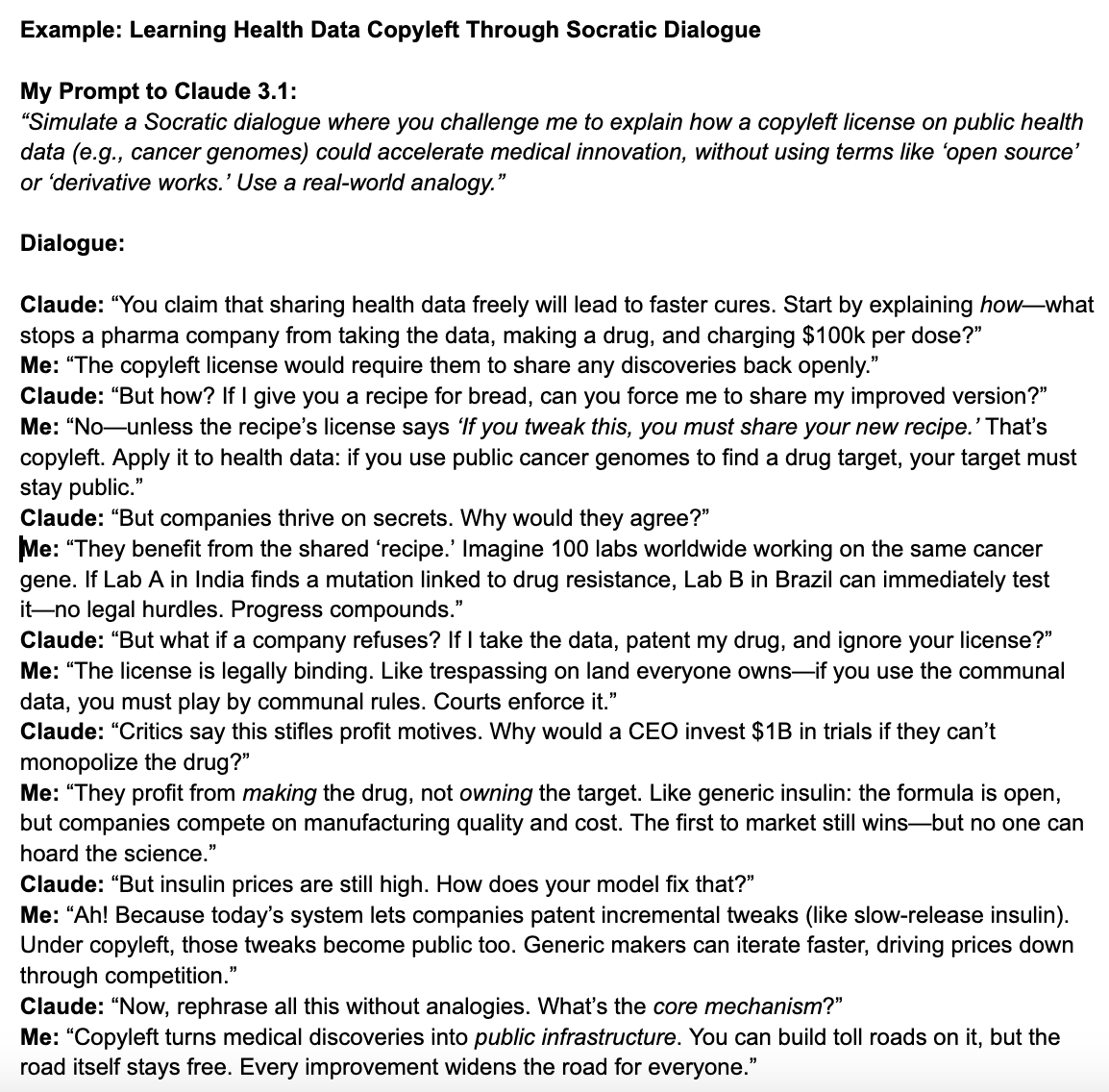Why Top Hospitals Are Ditching Their EMRs for Smarter Solutions Now
We’ve long known that surrounding yourself with brilliant minds makes you smarter. From children absorbing knowledge from peers to entrepreneurs thriving under mentors, intelligence is contagious. But what if I told you the next great mentor in healthcare won’t be human, it’ll be AI?
Buckle up. The era of AI-augmented medicine is here, and it’s about to turn your EMR from a clerical burden into a cognitive partner.
Classic EMRs Are Making Clinicians Dumber
Let’s face it: today’s EMRs are cognitive kryptonite. Studies show they increase mental load through clunky interfaces, fragmented workflows, and endless clicks that drain focus from patients. Physicians spend 50% of their screen time on documentation, drowning in administrative tasks while diagnostic accuracy and patient connection suffer. It’s like trapping a marathon runner in a maze of bureaucratic checkpoints, exhausting delays that undermine their momentum. But here’s the twist: AI isn’t the problem, it’s the solution. Just as AlphaGo made human players better at Go, AI is poised to elevate clinical thinking, if we redesign EMRs to act as mentors, not mindless clerks.
The Proof: AI Mentorship Works
Let’s look beyond healthcare. In Nigeria, the World Bank tested GPT-4 as a tutor in after-school programs. Students, many who’d never used a computer, gained two years of learning in six weeks, outpacing 80% of educational interventions. Girls, initially lagging, closed gaps entirely.
When DeepMind’s AlphaGo shocked the world by defeating world champion Lee Sedol in 2016, many feared it marked the end of human creativity in Go. Instead, the opposite occurred: AI became the ultimate mentor. After AlphaGo's emergence, human Go players improved their alignment with AI-optimal moves from 40% to 85% within three years by synthesizing machine logic with creative intuition, elevating strategic mastery beyond traditional human norms.
Why? AI mentors expose blind spots, challenge assumptions, and accelerate mastery.

Grandmaster Michael Redmond “AlphaGo didn’t kill Go—it gave us new eyes. We’re seeing layers of the game we never imagined.”
My personally I do the same. Instead of asking for answers, I ask for frameworks: “Break down this concept into first principles” or “Map the historical evolution of this theory.” During my advocacy for applying more open source in healthcare to accelerate innovation and increase access to care, I had Claude 3.1 simulate a Socratic dialogue, and it helped me to become a master.

My mastery came from defending my understanding, not passively absorbing its explanations. Now imagine applying this to medicine.
The Future: openEHR + AI Agents = The Ultimate Clinical Mentor
The old EMR guard, Epic, Cerner, Deladus, CGM are walled gardens stifling innovation. But the future belongs to openEHR’s open architectures and AI agent ecosystems that learn, adapt, and collaborate. Think of it like replacing a typewriter with a co-pilot:
- Ambient AI Scribes (like Nabla): Already cutting documentation time, freeing clinicians to think instead of type.
- Conversational Interfaces: Doctors querying patient histories in plain language, cross-referenced with real-time guidelines and trials.
- Diagnostic Mentorship: AI agents flagging subtle patterns in lab trends or imaging, whispering “Consider this differential…” without ego or haste.
The future is closer than you think. Just this year, visionary healthcare institutions have shown me how they're harnessing open-source large language models (LLMs) to transform data access. Clinicians now query complex data warehouses using plain language, no coding skills require, pulling insights from records and research in seconds. I’ve watched physicians converse directly with patient histories, while AI agents cross-reference real-time clinical guidelines and trial databases mid-discussion. The fluidity of these interactions isn’t just incremental, it’s revolutionary.
Every early adopter echoes the same verdict: AI isn’t just improving EMRs, it’s digesting their rigid interfaces whole. The era of dropdown menus and checkbox tyranny? Over. Tomorrow’s EMRs will speak human-first. One physician described it as “having Einstein over your shoulder, minus the condescension.”
The Imperative: Build EMRs That Make Us Smarter
The Nigerian students and Go pros didn’t just get faster, they got better. Similarly, next-gen EMRs must:
- Reduce cognitive load (bye-bye, pajama time)
- Automate Back-end Administration
- Amplify clinical reasoning (AI as a Sherpa, not a replacement)
- Learn and adapt (openEHR’s modularity + AI’s iterative genius)
As I wrote in my last post, companies like Better that build openEHR infrastructures are already paving the way with openEHR platforms. But the real disruption? AI agents that turn documentation into dialogue and data into insights. Imagine an EMR that doesn’t just store records, it teaches, questions, and evolves with you.
The Time is Now
We stand at a pivotal moment in healthcare’s digital evolution, a convergence of openEHR’s maturity, AI’s cognitive leap, and the crumbling façade of legacy EMRs. This isn’t theoretical, it’s already in motion.
The future of healthcare is being coded today, in stealth. With Isaree, my emerging venture, we’re engineering the connective tissue between open health ecosystems (like openEHR) and AI-native clinical tools, dismantling proprietary silos to forge collaborative AI Agent networks. Imagine a world where shared data models and adaptive AI agents replace clunky EMRs, where interfaces evolve from static grids to dynamic dialogues that learn as you heal.
The tipping point is here. Studies now show AI matching human empathy in patient interactions, yet clinicians remain shackled to systems designed for billing, not brilliance. Patients and providers alike demand technology that amplifies humanity, not buries it beneath a labyrinth of clicks.
To every healthcare leader clinging to legacy systems: Ask yourself, “Do I want a platform that merely documents—or one that educates, anticipates, and collaborates?”
If you’re a CIO ready to co-create the operating system for this new era, where open standards meet AI’s emergent potential, let’s build it together into the open. The future won’t wait. Neither should you.
Bart de Witte
Founder, Isaree
